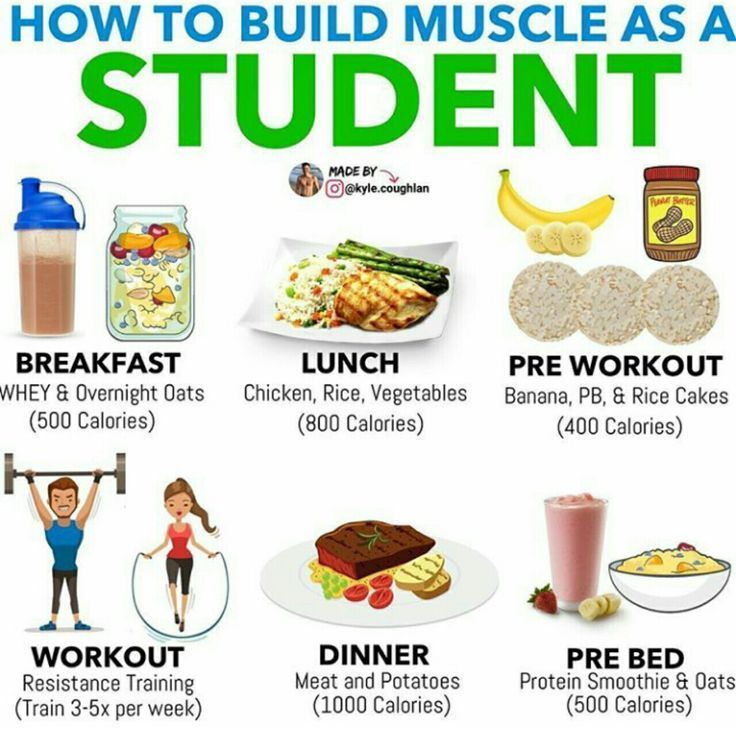Weightlifting is a demanding sport that requires strength, power, and endurance. To excel in this sport, athletes need to pay careful attention to their nutrition to ensure optimal performance and promote efficient recovery. In this article, we will discuss the key nutritional considerations that weightlifters should keep in mind.
Macronutrients
Macronutrients are the main components of our diet and include carbohydrates, proteins, and fats. Each macronutrient plays a crucial role in weightlifting performance and recovery.
Carbohydrates
Carbohydrates are the primary fuel source for weightlifting activities. They provide the energy needed for intense workouts and help replenish glycogen stores after training sessions. Weightlifters should include complex carbohydrates such as whole grains, fruits, and vegetables in their diet to ensure sustained energy levels during training. It is recommended to consume carbohydrates before and after workouts for optimal performance and recovery.
Proteins
Proteins are essential for muscle repair, growth, and recovery. Weightlifters should aim to consume high-quality protein sources such as lean meats, poultry, fish, eggs, dairy products, and plant-based proteins like legumes and tofu. Adequate protein intake helps in repairing muscle tissue, reducing muscle soreness, and promoting muscle hypertrophy. It is recommended to spread protein intake throughout the day to support muscle protein synthesis.
Fats
Fats play an important role in hormone production and absorption of fat-soluble vitamins. Weightlifters should focus on consuming healthy fats like those found in olive oil, avocados, nuts, and seeds. These fats provide a steady source of energy and aid in joint health, which is crucial for weightlifting movements. However, it is important to moderate fat intake, as excessive fat consumption can lead to weight gain and hinder performance.
Micronutrients
Micronutrients are essential vitamins and minerals that are required in small amounts but play a vital role in various physiological functions.
Vitamin D
Vitamin D is crucial for bone health and muscle function. Weightlifters should ensure adequate sun exposure or consider vitamin D supplementation, as deficiency can lead to decreased strength and power output.
Iron
Iron is necessary for oxygen transport and energy production. Low iron levels can lead to fatigue and decreased performance. Weightlifters, especially females, should monitor their iron levels and consume iron-rich foods like lean red meat, poultry, fish, and leafy green vegetables.
B Vitamins
B vitamins are involved in energy metabolism and are vital for overall performance. Weightlifters should focus on consuming foods rich in B vitamins, such as whole grains, lean meats, legumes, and dark leafy greens.
Hydration
Proper hydration is essential for weightlifters to maintain optimal performance and prevent dehydration, which can lead to decreased strength, endurance, and focus. Weightlifters should aim to drink water regularly throughout the day and consume fluids during training sessions. Sports drinks may be beneficial for long and intense workouts to replenish electrolytes lost through sweating.
Pre- and Post-Workout Nutrition
What you eat before and after your weightlifting sessions can significantly impact your performance and recovery. Consider the following guidelines:
Pre-Workout
Consume a balanced meal containing carbohydrates and proteins around 2-3 hours before your workout.
Avoid foods that are high in fat or fiber, as they can cause digestive discomfort during training.
Consider a small pre-workout snack about 30 minutes before your session, such as a banana or a protein shake.
Post-Workout
Consume a combination of carbohydrates and proteins within 30-60 minutes after your workout to promote muscle recovery and glycogen replenishment.
Consider a protein shake or a meal consisting of lean proteins and complex carbohydrates.
Include some antioxidants like fruits or berries to reduce inflammation.
Supplementation
While a well-balanced diet should always be the foundation of a weightlifter’s nutrition plan, certain supplements can complement performance and recovery.
Whey Protein
Whey protein is a fast-digesting protein source that can be beneficial for muscle repair and recovery. It is convenient and can be consumed as a shake or added to meals.
Creatine
Creatine is a well-researched supplement that may enhance strength, power, and muscle mass. It can be particularly helpful for high-intensity exercises like weightlifting. However, it is important to follow the recommended dosage and consult a healthcare professional before supplementing with creatine.
Omega-3 Fatty Acids
Omega-3 fatty acids have anti-inflammatory properties and can aid in joint health and recovery. They can be obtained from fatty fish like salmon or through fish oil supplements.
Conclusion
Proper nutrition is paramount for weightlifters to maximize their performance and optimize recovery. Balancing macronutrients, ensuring adequate intake of micronutrients, staying hydrated, and considering appropriate pre- and post-workout nutrition are key factors. Additionally, certain supplements can provide additional support, but they should always be used in conjunction with a well-rounded diet. By incorporating these nutritional considerations into their training regimen, weightlifters can experience improved performance, quicker recovery, and overall better results.
